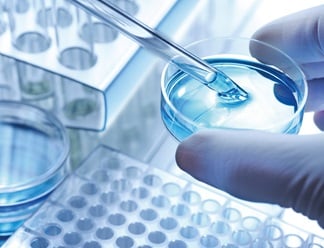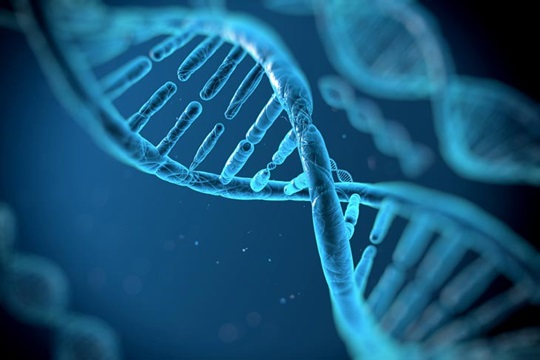Knowledge Portal
HARTMANN SCIENCE CENTER

Visit our designated HARTMANN SCIENCE CENTER to get scientific information relevant around our products.
Learn more
Polymerase Chain Reaction is a scientific technique in genetics to generate in-vitro copies of short DNA (deoxyribonucleic acid) sequences. With PCR it is possible to produce billions of clones of tiny amounts of genetic information (DNA) within a few hours. Areas of application include DNA profiling, the Human Genome Project for decoding human genetic information, and medical diagnostic. For the determination of infectious pathogens, PCR has the advantage, compared to other methods, of allowing early and reliable diagnosis easily and rapidly. In addition, PCR can monitor the development speed of infections.
